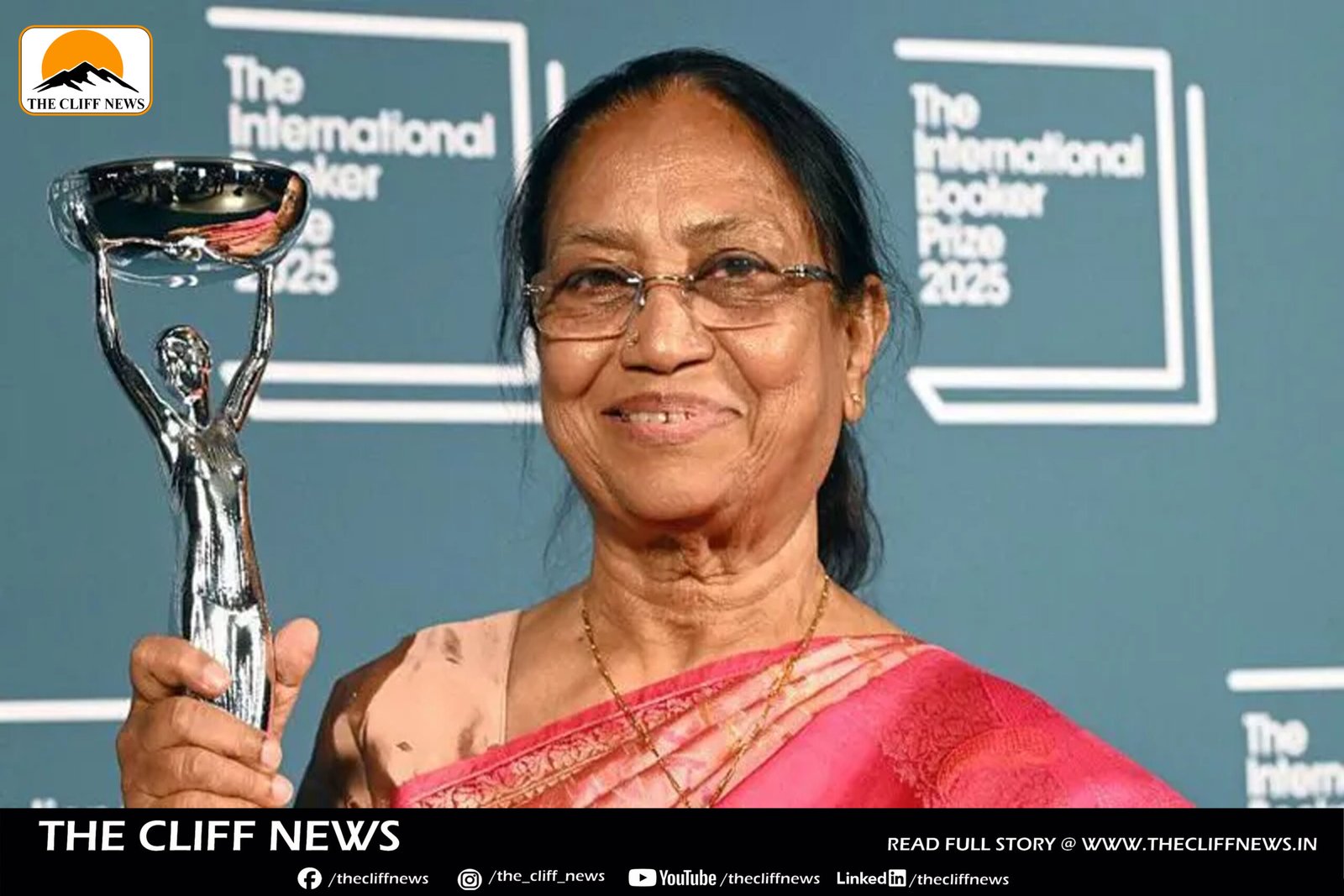Indian writer, lawyer, and activist Banu Mushtaq has etched her name in literary history by becoming the first Kannada-language author to win the prestigious International Booker Prize. Her acclaimed short story anthology, Heart Lamp, is also the first short story collection ever to win this global literary honor.
The International Booker Prize jury praised Heart Lamp for its “astonishing portraits of survival and resilience”, highlighting its powerful depiction of the lives of Muslim women in southern India. Spanning 12 short stories written between 1990 and 2023, the collection sheds light on the quiet struggles and uncelebrated courage of women shaped by religious conservatism and patriarchy.
A Landmark for Indian and Regional Literature
Heart Lamp was translated from Kannada by Deepa Bhasthi, who now becomes the first Indian translator to win the International Booker. The £50,000 prize will be shared equally between Mushtaq and Bhasthi.
In her emotive acceptance speech, Mushtaq stated:
“This book was born from the belief that no story is ever small; that in the tapestry of human experience, every thread holds the weight of the whole.”
She emphasized the transformative power of literature:
“In a world that often tries to divide us, literature remains one of the last sacred spaces where we can live inside each other’s minds, if only for a few pages.”
Translator Bhasthi expressed hope that this recognition would encourage more translations from and into Kannada and other South Asian languages, long underrepresented on the global stage.
The Journey of Banu Mushtaq
Born and raised in a small town in Karnataka, Mushtaq grew up in a conservative Muslim neighborhood and studied the Quran in Urdu. However, her father—a government employee—enrolled her in a Kannada-medium convent school at age eight, defying societal norms. Kannada, once an “alien tongue” to her, eventually became the language of her creativity and activism.
Mushtaq’s writing journey began in school, and she persisted in higher education despite societal pressure to marry early. She married at 26, but her early years of marriage were marked by personal challenges—an experience that later seeped into her writing. Her first published short story appeared in a local magazine during this difficult period.
Now, with the International Booker Prize, her life and literary journey have received global recognition. Mushtaq’s deeply self-aware storytelling, often reflecting her own life and the broader female experience in South Asian societies, has been described as:
“In a literary culture that rewards spectacle, Heart Lamp insists on the value of attention—to lives lived at the edges, to unnoticed choices, to the strength it takes simply to persist. That is Banu Mushtaq’s quiet power.”
A Literary Legacy
Following in the footsteps of Geetanjali Shree, whose Hindi novel Tomb of Sand (translated by Daisy Rockwell) won the International Booker in 2022, Mushtaq’s victory represents a new wave of global attention for Indian regional languages.
With Heart Lamp, Banu Mushtaq has not only made history but has also illuminated the path forward for underrepresented voices in South Asian literature—proving that quiet stories, when told truthfully, can resound across the world.



